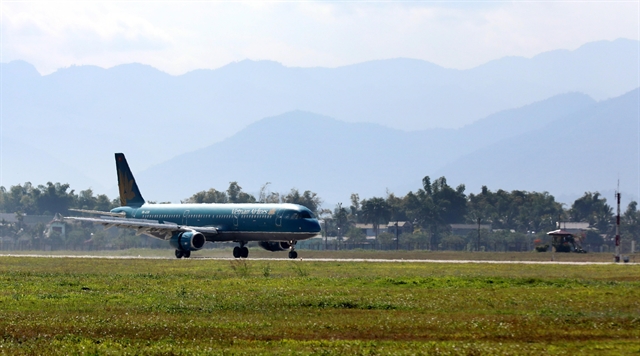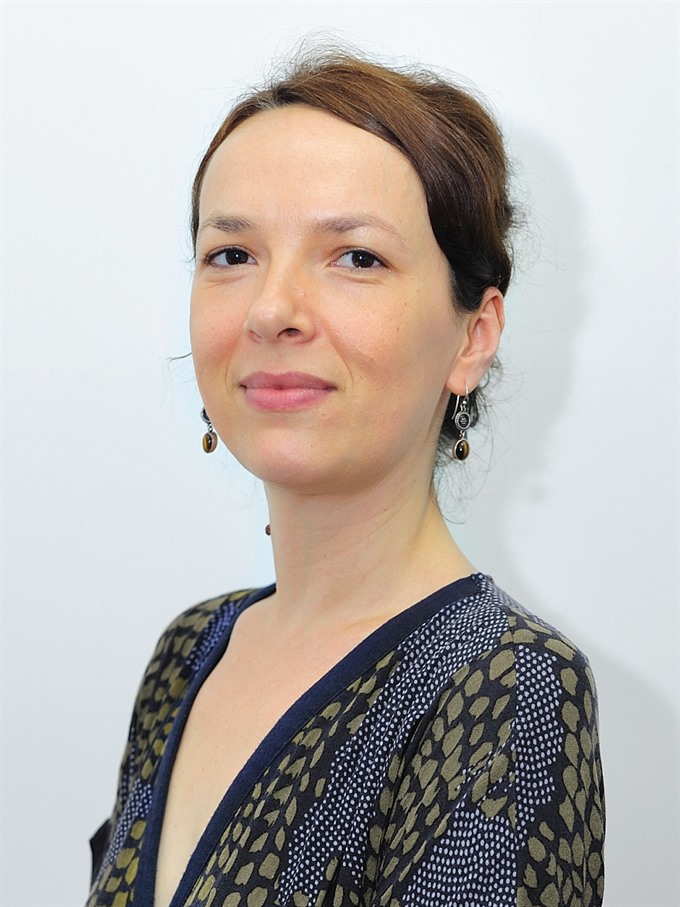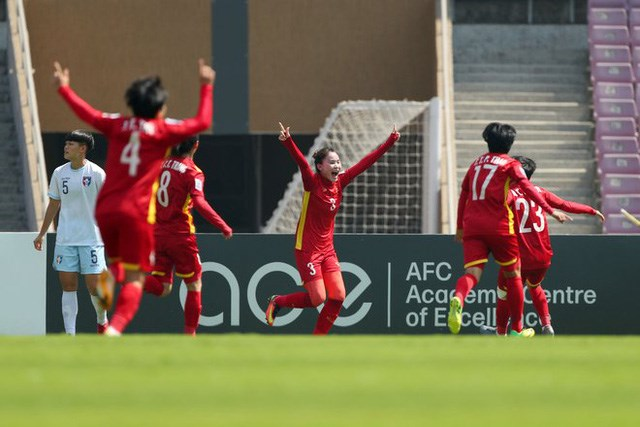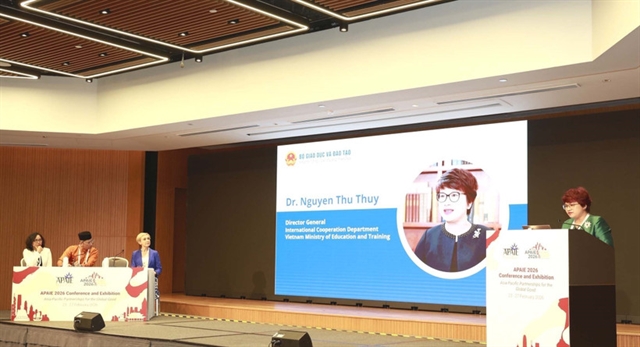 Life & Style
Life & Style

Currently there are millions of third culture kids in international schools around the world; others in Embassy schools; yearly countless numbers return to their passport countries of origin. Educational psychologists explain once home there are three basic things all children need: Belonging, Recognition and Connection.
 |
| French pediatric psychotherapist Bluteau Laetitia. — Photo courtesy of Family Medical Practice Hanoi |
By Bluteau Laetitia*
Third Culture Kids (TCKs) understand when:
To everyone’s confusion, your accent changes depending on who you’re talking to.
You’re really good at calculating time differences, because you have to do it every time you call your parents.
You start getting birthday wishes several hours before your birthday, from friends farther east than you.
Your passport looks like it’s been through hell and back.
You get nervous whenever a form needs you to enter a “permanent address”.
Frequent mobility: TCKs are children born or raised in cultures (western or non-western) outside of their parents’ home(s) of origin because of their parents’ occupations or interests; as the world grows, we now have ATKs - Adult third culture children who are TCKs at least 18 years of age or older.
Challenges: Currently there are millions of TCKs in international schools around the world; others in Embassy schools; yearly countless numbers return to their passport countries of origin. Educational psychologists explain once home there are three basic things all children need: Belonging, Recognition and Connection. These basic needs are often wrenched away from them with each relocation. The layers of loss leave deep scars: Friends, Pets, Family, Weather, Food, Loss of identity.
You are not alone: TCKs are not alone. Some of the most famous TCKs are Barrack Obama, Kathleen Turner and Julie Christie. Some TCKs are able to explain losses not successfully resolved in childhood; losses that have an increased likelihood of recurring in adulthood. Questions about who you are, what you are, where you are from will change, or may even wait until long after childhood to bubble up and burst.
TCK Penny: Being a TCK is pretty awesome, but you are always leaving your friends behind. I consider home is where my passport was issued, not necessarily where I was born. My family is important to me wherever they are.
TCK Charlotte: It’s strange but your friends always behave differently in front of you.
ATK Vidya: I’m from the country I live in now; I won’t go back but I won’t forget my heritage. Happy to sit and listen to the elders who are feeling loss; adults take longer to adjust.
How can a psychologist help?
Observe children: Therapy is a partnership between an individual and a professional such as a psychologist. Families of TCKs often consider therapy, under the following circumstances:
· Noticing a feeling of intense overwhelming; a prolonged sense of sadness and helplessness, TCKs will become withdrawn and quiet
· Emotional difficulties making it hard for them to function from day to day
· Actions harmful to themselves or to others, e.g. Aggressive, Bullying
· Troubled with emotional difficulties facing family and friends
Global mobility comes at a price. Psychologists are able to provide therapy and help cope with challenges faced by families and TCKs. Kids can get support in coping with an uncertain world, supporting emotions and physical health which are very closely linked to their overall well being and can have a positive effect on the body’s immune system. —Family Medical Practive Vietnam
* Bluteau Laetitia is a French pediatric psychotherapist who has worked extensively with migrants in France and dealt with clinical mass trauma in the context of political violence, in Africa.
For more advice on any medical topics, visit Family Medical Practice Hanoi on 298 I Kim Mã, Ba Đình. Tel: (04) 3843 0748. E: hanoi@vietnammedicalpractice.com
FMP’s downtown Ho Chi Minh is at Diamond Plaza, 34 Le Duan, District 1; 95 Thảo Điền Street, District 2. Tel: (08) 38227848. E: hcmc@vietnammedicalpractice.com
FMP Danang is located at 96-98 Nguyễn Văn Linh Street, Hải Châu District, Đà Nẵng. Tel: (0236) 3582 699. E: danang@vietnammedicalpractice.com.




